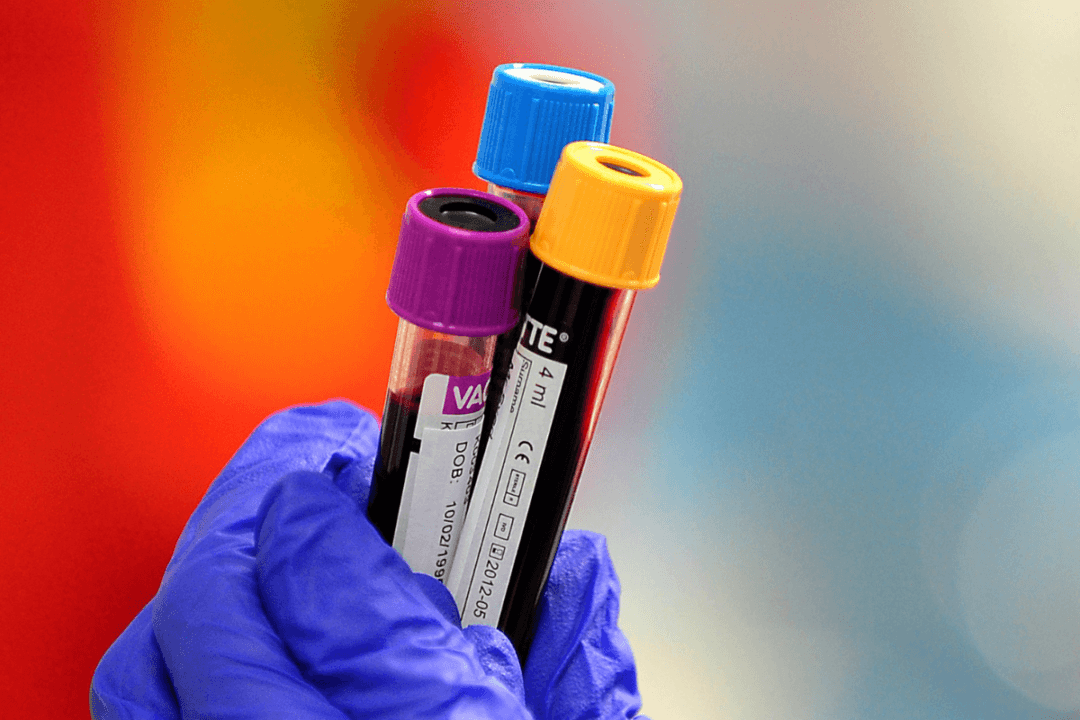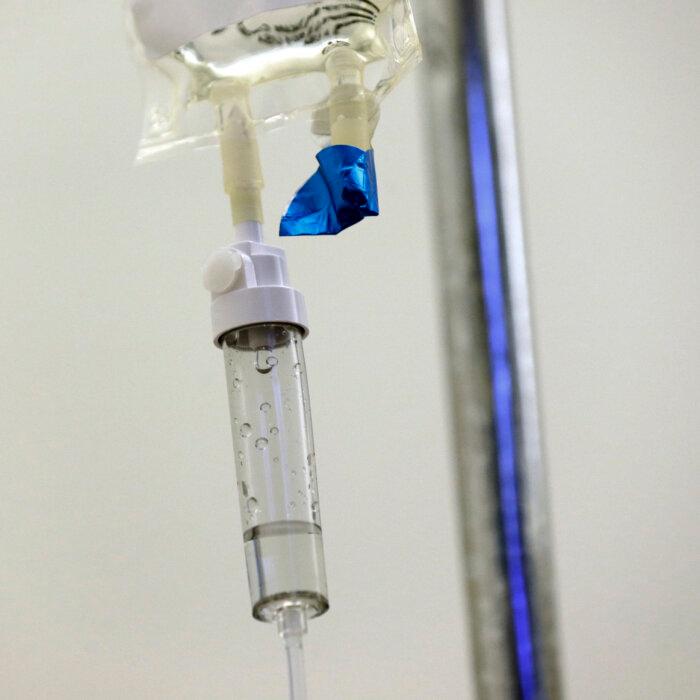Our Future Health, the UK’s largest health research programme, and the data it collects could be a “game changer” for cancer diagnosis and survival rates, the project’s executive director of science has said.
Our Future Health is a project which aims to improve how scientists prevent, detect, and treat cancer through the study of donated blood samples.
Researchers will use a database of blood samples which were collected two to five years before participants receive a cancer diagnosis to look for key markers or patterns for the disease.
Professor Michael Cook, the executive director of science at Our Future Health, said that the potential for earlier cancer diagnosis makes the project a piece of “key research infrastructure for UK science.”
‘Game Changer’
Cook said that the UK lags behind many developed countries in terms of five-year cancer survival rates, “and we know that if we can just diagnose some of these malignancies one or two years earlier, we are likely to see a stage shift. So rather than people being diagnosed with stage three disease, they’ll be diagnosed with stage two; or rather than stage two, stage one.”“And that really is a game changer for cancer survival,” Cook said.
One Million Enrolled
More than one million adults have enrolled in Our Future Health, with expectations that a total of five million will participate.The programme’s Chief Executive and Chief Medical Officer Dr. Raghib Ali said that Our Future Health is now the largest health research programme in the world of its kind and is already offering “an incredibly detailed picture of the UK’s health, offering health researchers a window into the causes of every major common disease.”
Ali said: “For the first time, researchers will be able to look at the genetic information of over a million people and see how it interacts with demographics, lifestyle, physical measurements, family history, and personal medical records.
“And because our volunteers have consented to be re-contacted to take part in further health studies, we’ll also be able to find new ways to prevent those diseases.”
Our Future Health’s research is in line with the new Labour government’s strategy for the NHS to focus on prevention, as well as successful treatment.
Science and Technology Secretary Peter Kyle said: “The combined efforts of the NHS, health charities and industry has set the foundations for breakthroughs in the fight against cancer, dementia, diabetes and more, for decades to come.
“With government backing, Our Future Health will help our researchers transform how we diagnose, treat and prevent a whole range of debilitating diseases.”







